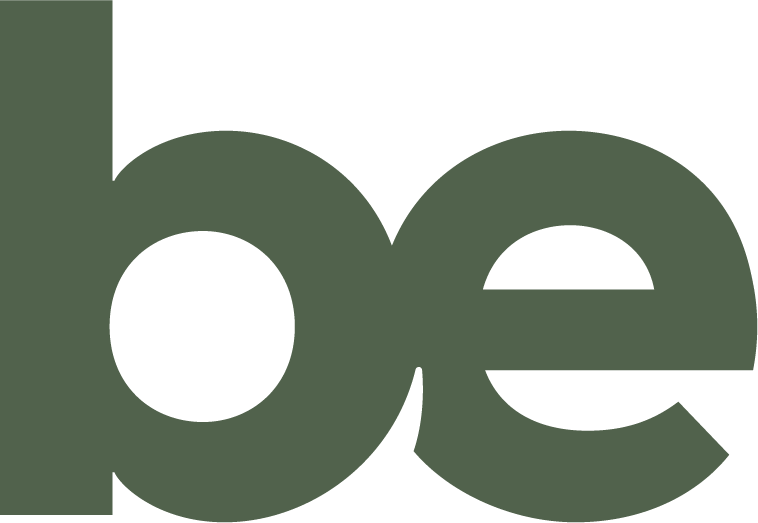beyond empathy continuously seek to improve what we do and how we do it. We look for impact in context.
We appreciate that each community is dynamic and success may be different for each individual and group. Our model for measuring our social impact has evolved over the past 15 years, working previously with Social Ventures Australia, Net Balance Foundation, and Westpac Foundation and now with Cultural Development Network.
For examples of our social impact evaluations and reports see our resources.
Our current work with the Cultural Development Network involves evaluating against five measurable outcomes of engagement in cultural development activities – cultural, social, economic, environmental and governance. Each of these domains is assessed through surveys, interviews, focus groups, participant observation, expert opinion, and other participatory methods. Our project Parting is a current case study for Cultural Development Network and their evolving tools and methods for assessing social impact in the arts. We are committed to measuring our impact both internally and through external evaluations, in order to stay relevant and at the cutting-edge of what matters most to communities.
BE uses the five measurable outcomes of engagement in cultural development activities developed by the Cultural Development Network Ltd in partnership with the National Local Government Cultural Forum in Australia. This schema has been developed to facilitate measurement of outcomes of cultural engagement, including arts participation, across the spectrum from ambient to creative and receptive participation.
The Measurable Outcomes offered by CDN enable us to undertake outcome-focussed planning and evaluate our progress in meeting desired outcomes. This schema values the contributions of cultural engagement, often considered intangible and therefore immeasurable, to be assessed using a systemised approach. This, in turn, enables us to understand how effective we are being in achieving project objectives, thus contributing to evidence-based practice, which is increasingly required by our partners, including corporate, philanthropy, government and of course, community. Our method utilises a program logic model with SMART: Specific, measurable, appropriate, realistic, time-framed objectives. Our newly developed Wellbeing Framework is the compass that directs our SMART objectives and analysis thereafter
Monitoring is carried out on a regular basis ensuring the project outcomes and outputs are being met. Internal evaluations measure project progress and effectiveness and allows for readjustment if required.
A mix of evaluation methods are utilised for both individual and community assessments.
Given our work is community driven, a participatory monitoring and evaluating technique is utilised allowing people involved in the projects to be regularly involved in the assessment of behavioural change and empowerment within their communities. Through facilitation with participants, baselines are developed which can be measured against to assess change as a result of the project activities. This methodology has been found to be favourable within community-based initiatives allowing people to make and examine assumptions about what constitutes progress.
Surveys, in-depth interviews with key target community members, and focus group discussions are designed utilising qualitative methods and a grounded theory approach. Sometimes, due to the sample size, results are expected to use a descriptive statistical methodology.



